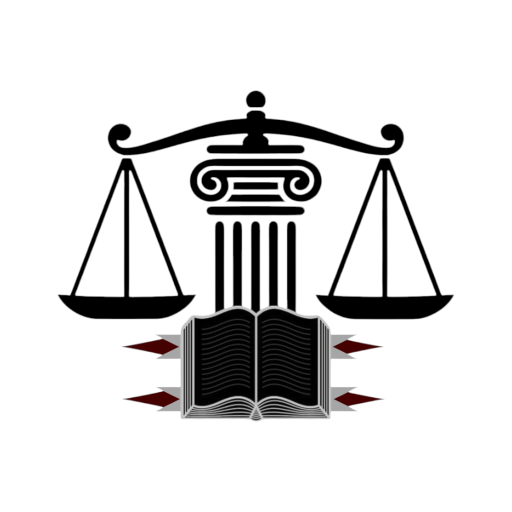Introduction
Pakistan came into being on 14th August 1947 after a long struggle by the Muslims of the Indian subcontinent. They gave countless sacrifices—of wealth, honor, and lives—to make Pakistan a reality. This struggle began soon after the War of Independence in 1857. The creation of Pakistan was based on the Ideology of Pakistan, which found its roots in the Two Nation Theory. This ideology emphasized that Muslims and Hindus were two separate nations. The slogan “Pakistan ka matlab kya? La ilaha illallah” (What does Pakistan mean? There is no god but Allah) was the core message of the freedom movement.
Aims and Objectives of the Creation of Pakistan
1. Establishment of a Free Islamic Society
The main aim of Pakistan’s creation was to set up a free Islamic society where Muslims could live according to Islamic teachings. The goal was to build a state with its own identity and government, which would allow Muslims to practice their faith and social values freely. It also aimed to invite Muslims from around the world to adopt an Islamic way of life.
2. Revival of Muslim Identity
In united India, Muslims were dominated by Hindus in every social, economic, and political field. Due to their backwardness and lack of resources, Muslims couldn’t compete. Their national identity was in danger. Pakistan was necessary to protect and revive their unique image as a separate nation.
3. Social and Political Development
After 1857, Muslims faced discrimination under both British and Hindu rule. They had no political or social freedom. The caste system and biased policies left Muslims at a disadvantage. A separate homeland was needed to develop socially and politically, based on Islamic values.
4. Protection of Muslim Culture
Muslim culture—based on religion, traditions, and values—was very different from that of the Hindus. Muslims wanted to protect their cultural identity from being absorbed or destroyed by Hindu influence. Pakistan provided a space to safeguard and promote Muslim cultural values.
5. Language and Literature
Muslims spoke Urdu while Hindus promoted Hindi. Efforts were made to replace Urdu with Hindi during British rule, but Muslims resisted. In a united India, the Hindu majority could have easily declared Hindi the national language. To protect the Urdu language and Muslim literature, the creation of Pakistan became essential.
6. The Two Nation Theory
The Two Nation Theory was the foundation of the demand for Pakistan. It stated that Muslims and Hindus were two different nations with their own religion, culture, and history. They could not live together in one system. Sir Syed Ahmed Khan was the first to promote this theory, which later became the heart of the freedom movement.
7. A Balanced Economic System
Under British rule, Muslims were economically weaker. The Hindus controlled trade and commerce. Muslims were excluded from government jobs and lacked educational opportunities. Pakistan aimed to establish a balanced economic system based on Islamic principles to provide equal opportunities and improve the lives of all citizens.
8. Differences in Way of Life
Muslims and Hindus had different lifestyles. Their clothing, food, festivals, houses, and utensils were all different. These differences were visible in everyday life and were one of the reasons Muslims demanded a separate state where they could live according to their own customs.
9. General Attitude and History
Muslims had ruled the subcontinent for about 800 years and had always protected Hindu rights. But after the fall of the Mughal Empire, Muslims became the main target of both British and Hindu hostility. The British favored the Hindu majority. Muslims feared losing their identity if they continued living under Hindu rule.
10. Muslim Unity
After the failure of the Khilafat Movement, Muslims were politically scattered. The creation of Pakistan was seen as a step toward uniting Muslims again. Unity is a core value in Islam, and a separate homeland could help bring Muslims together on common religious and national grounds.
Main Objectives of Pakistan\’s Creation
-
To establish a free Islamic society with its own government and identity.
-
To allow Muslims to practice their religion and follow Islamic principles.
-
To invite Muslims around the world to adopt the Islamic way of life.
-
To protect Muslim culture, language, and history from Hindu domination.
Conclusion
The creation of Pakistan was not just a political demand but a necessity for the survival of the Muslim identity in the Indian subcontinent. The Muslims wanted a country where they could live freely according to the teachings of Islam, develop socially and economically, and safeguard their culture and beliefs. These aims and objectives gave birth to Pakistan—a separate homeland for the Muslims of South Asia.
